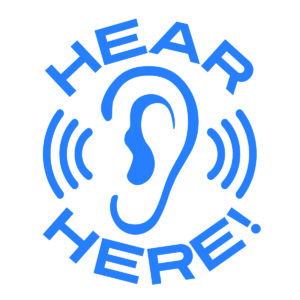Hearing loss can have a profound impact on your quality of life.
What Is Hearing Loss?
Hearing loss can significantly impact your day-to-day life, whether it's difficulty in understanding conversations or struggling to enjoy music. Hearing loss is a common condition often caused by damage to the delicate structures of the ear.
It can range from mild to profound and can occur at any age. It’s caused by various factors, including exposure to loud noises, aging, genetic predispositions, certain medications, infections, and traumatic injuries.
Types of Hearing Loss
Identifying the Symptoms of Hearing Loss
Recognizing the signs and symptoms of hearing loss is an important first step. Common indicators include:
- Difficulty understanding conversations
- Frequently asking others to repeat themselves
- Feeling as though others are mumbling
- Avoiding social situations
- Needing to raise the volume of the TV or radio
If you or a loved one is experiencing any of these symptoms, it’s important to seek expert advice from an audiologist.
Guidance from a Hearing Health Specialist

Our Services
Our services include thorough hearing tests to assess the extent of your hearing loss and determine the most suitable treatment options.
We offer a wide range of high-quality hearing aids that are personalized to meet your specific needs and preferences. We also offer hearing aid repair, ensuring that your devices are always in great shape. Direct Hearing provides custom hearing protection to safeguard your hearing in noisy environments, as well as assistive listening devices to enhance your ability to communicate with your loved ones.
Don't let hearing loss hold you back. Take the first step towards a world of better hearing. Contact Direct Hearing today to schedule a consultation. Let us help you regain your ability to hear and restore the quality of life you deserve.

